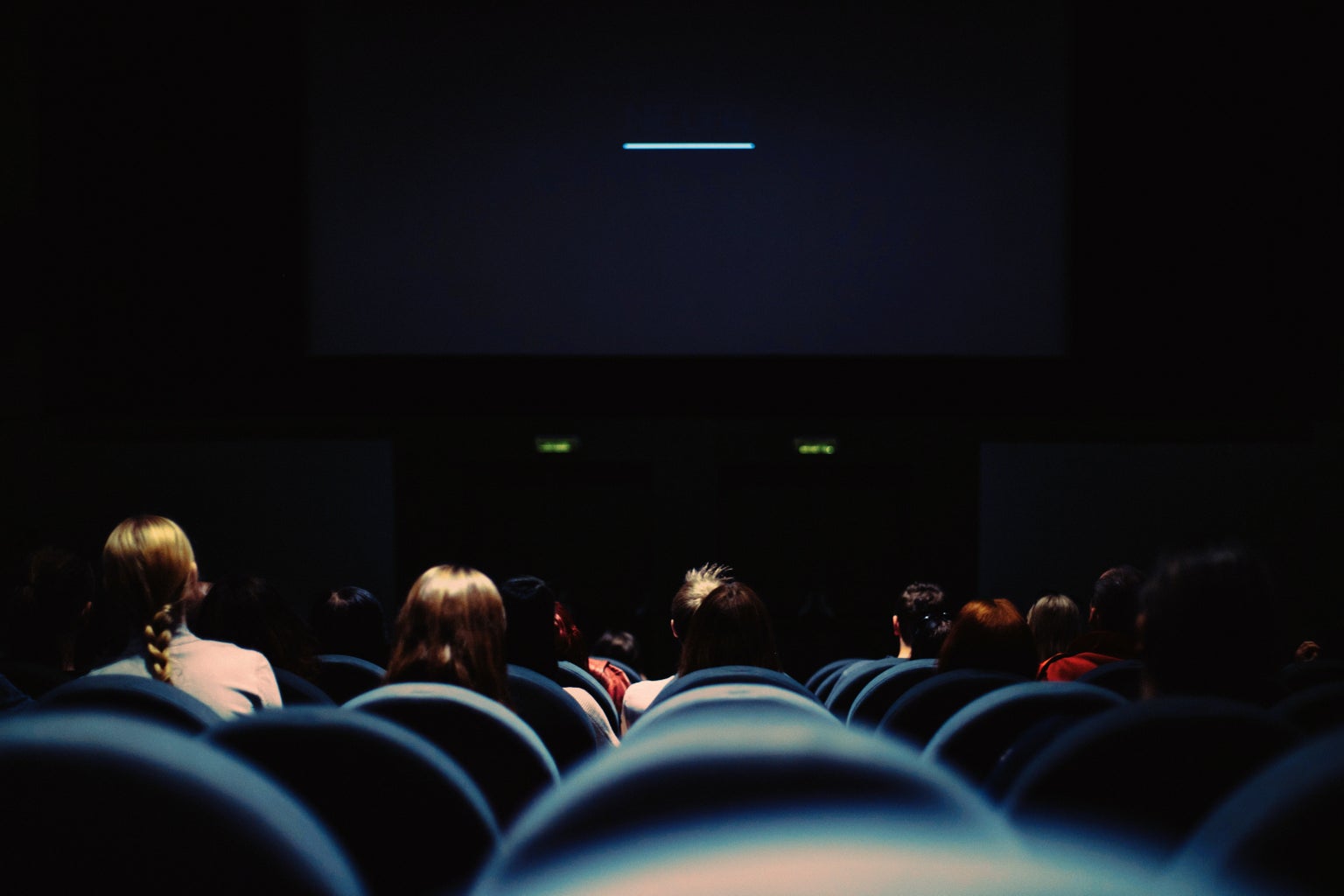Scroll through BookTok — a corner of TikTok where millions of users post all-things book related — and you will find a video or two with a block of text about how anti-intellectualism is rising on the platform.
“Reading is not that deep,” and “the curtains are blue” are comments on a lot of these videos, and sometimes they are even more engaging. One user writes: “it’s not pretentious to appreciate good literature,” and someone else is bashing Colleen Hoover. Both sides of the debate revolve around the same issue: the supposed rise of anti-intellectualism.
A quick Google search will show that most dictionaries describe anti-intellectualism as “hostility or mistrust towards intellect and intellectuals.” On BookTok, users throw around the term and argue that it’s not elitist to appreciate “good literature” (and by “good literature” people are usually referring to classics). The opposing side argues that reading is a way for people to escape from reality, hence their preference for the young-adult and more contemporary, light-hearted genres.
Classic literature readers are labelled as pretentious. YA readers are scrutinized for only reading for fun. However, this debate should not be thought of as a this-book-genre-vs-that-book-genre problem. In fact, anti-intellectualism is not an issue about what you consume, as a reader or otherwise, but rather how you consume it.
Anti-intellectualism aside, a superiority complex does exist in some classic literature readers. There is nothing wrong with reading classics — my most prized possessions are my seven copies of Pride and Prejudice, and I’m not afraid to admit it. But reading Jane Austen, then bashing those who read contemporary fiction, is not cute and quirky. It’s part of the problem and the reason we have to have this discussion in the first place.
On the flip side, there is a level of danger associated with media consumption without any thought as to what you are consuming. Critically engaging with the media is crucial to living a well-informed life. Without critical thinking, fake news brimming with falsehoods can become the basis of your knowledge. On a less-serious note, a lack of critical engagement can lead to giving book recommendations without any well-developed reasons to read the book.
Critical engagement, or lack thereof, is at the heart of this anti-intellectualism debate. One side says that those who turn off their brains to kick back with a summer read are not thinking deeply about what they are reading. The counterargument is that some people just want to read for fun, without having to think.
Therein lies the problem: turning your brain off to consume media is a damaging principle. Not only will you not be able to give others a solid recommendation, even if you really liked the beach read or Hallmark film, but you are limiting yourself from developing deep opinions and thoughts about it.
Many people may have a negative association with “critical thinking” because of the education system. We are trained throughout our academic lives to demonstrate an effective level of analysis for everything we read. I’ve lost track of how many essays I’ve written about a reoccurring theme in a novel and how it relates to our social or political lives.
But many do not realize that there are layers to critical thinking, and it does not always have to be wildly extensive. You do not have to write a twenty-thousand-word paper on how Brutus’ blind loyalty leads to his downfall in Julius Caesar in order to critically engage. It can be as simple as asking yourself, “What made me like this book?” “Why did this movie emotionally impact me the way it did?” “What would I change about Evelyn Hugo to make her a better person?” “How does Thor: Love and Thunder contribute to the MCU?”
Coming away from reading a book or watching a movie and asking any type of question like this is a form of critical engagement. This active thinking about the media we consume allows us to give better recommendations to our friends, something more in-depth than simply, “it has good vibes”, and makes the experience more enjoyable for us.
And while we are on the matter, let it be known that all forms of media can be critically engaged with. Not being a die-hard fan of something should not dampen your critical thinking. I’ve seen my fair share of two-star movies with friends, and without fail, my favourite part of the night is leaving the theatre to discuss what we hated. “Why does every main character in every period piece wear their hair differently from everyone else!” “That camera angle for the close-up was an… interesting choice. I don’t think it added much to the character’s monologue…”
Discussions about what made a book or movie bad are often the most fun to be had. Critiquing word choice or costume design is just as amusing and effective as singing praise. After all, film and writing are forms of art, and art is meant to be discussed, analyzed, and critiqued.
But what about books or films that some do not label as “art”? Martin Scorsese famously dubbed Marvel productions as “theme park” movies instead of cinema in an interview with Empire Magazine. He pointed out that Marvel films are different than “the cinema of human beings trying to convey emotional, psychological experiences to another human being”. There is a similar difference in all forms of media. Abstract vs realism. Beethoven vs pop music. And, of course, classic literature vs YA.
This distinction is not a bad thing. It does not put up a barrier to critical thinking, nor does it make one form of art inherently worse than the other. Go on YouTube, and you will find hundreds of video essays analyzing all kinds of media. Yes, even “theme park” movies get picked apart. I actually find that Marvel movies get some of the most in-depth analyses. Users develop solid ideas anywhere from analyzing political themes in Captain America: Civil War to what makes a successful Marvel villain.
Any kind of media can be analyzed. It just so happens that one of the most popular topics of analysis is classic literature — because many recognize the difference between classic literature and YA works. Contemporary books are not often written in the thought-provoking-packed-with-evocative-messages style that older literature was. And this does not mean that modern writing is in shambles, nor that critical thinking in this genre is impossible.
There are no modern-day Charles Dickens publishing books with larger-than-life themes that soar to the top of bestsellers lists. So, the ability to read contemporary works and apply critical thinking is an effective way to engage with modern literature — and there is nothing anti-intellectual about that.






